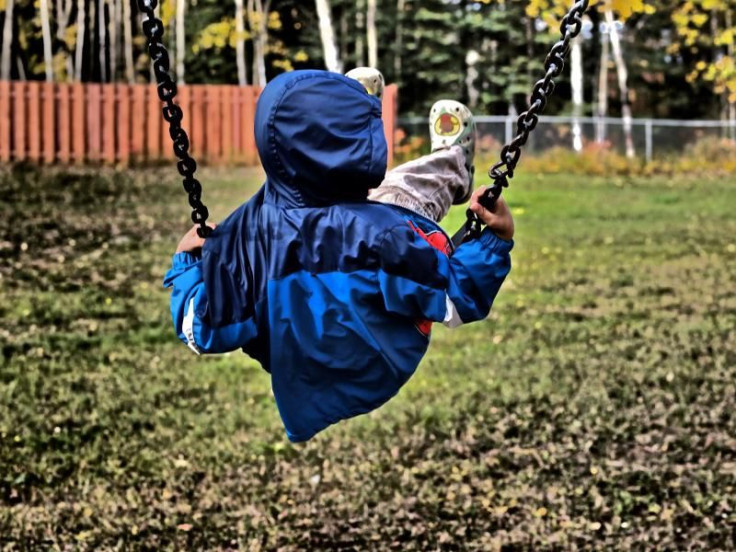Ecotherapy For Children: More Green Spaces At School, Better Memory And Cognitive Function In Kids

It isn’t surprising that going for a walk through a park or green space will make you feel better. Countless amounts of studies have found that exposure to greenery improves cognitive function, physical health, and overall mental health. The term for those benefits is ecotherapy.
Lots of positive benefits can be attributed to nature. Want to fight depression and low moods? Go outside. Want to clear your head and think a bit more creatively about a problem or project? Take a walk. Want to feel peaceful, calm, and lower your bouts of anxiety? Spread a blanket in the grass and just listen to the sounds of nature.
Now, researchers are adding yet another benefit to that lengthy list: Schoolchildren who are exposed to more greenery show signs of improved cognitive function and memory compared to those who aren’t. The study, published in the journal PNAS, found that being exposed to nature resulted in a five percent increase in working memory in kids.
“This study, based on comprehensive characterization of outdoor surrounding greenness (at home, school, and during commuting) and repeated computerized cognitive tests in schoolchildren, found an improvement in cognitive development associated with surrounding greenness, particularly with greenness at schools,” the authors wrote.
The researchers reviewed data on some 2,600 schoolchildren in Barcelona, aged 7 to 10. In addition to improved memory, the researchers also noticed green spaces boosted the kids' attention.
The particular factors behind the benefits of green space could be a number of things: Greenery provides a quieter, cleaner environment away from the pollution and noise of traffic. Having more green space can also increase physical activity. In areas with lower air pollution, your risk of stroke, anxiety, pregnancy-related autism, and mortality is reduced. Not much research has yet been done on whether lower amounts of air pollution is linked to higher cognitive function, but this study is a step in that direction for future research.
Source: Dadvand P, Nieuwenhuijsen M, Esnaola M, Forns J, Basagana X, Alvarez-Pedrerol M. Green spaces and cognitive development in primary schoolchildren. PNAS. 2015.



























